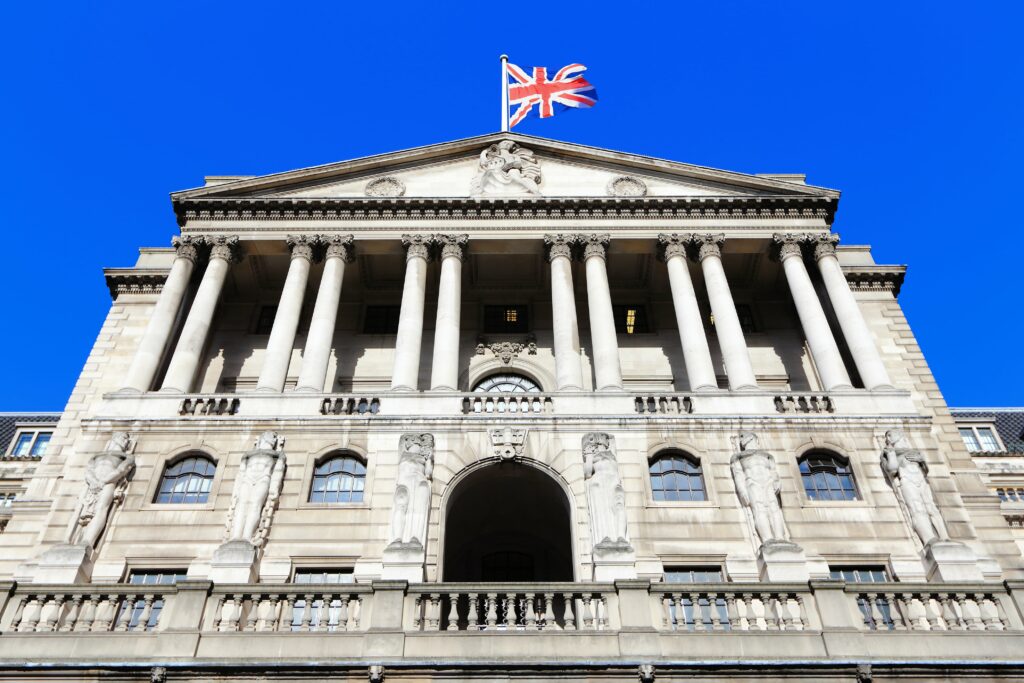Exploring the Impacts of Rising Interest Rates on Private Equity.

- Sub Category
- Blog
A recent article in the Telegraph highlighted the increase in interest rates and the impact on private equity, written by Oliver Gill. The piece focused on commentary from some of the city commentators such as Archie Norman and Guy Hands. The latter not many will know outside of city circles – but Archie is a name synonymous with Marks and Spencer. The summary of points made is that high leverage in private equity is coming to an end, due to the price of debt.
Oliver goes one step further with the headline-grabbing phrase from Vincent Mortimer comparing PE to a Ponzi scheme. This is of course, unfair, and untrue. The parallel in characteristics is what the article focuses on.
Ponzi schemes are illegal and fraudulent, where a current investor gets paid a return from a new investor coming into the scheme, not from an investment return. What commentators are pointing out is that PE funds investing into a business then refinancing with debt or using debt to finance the deal combined with their equity, return high amounts to equity investors but pass returns to one party using another party to do so. Hence the comparison.
Manchester United is a famous case of which the reader may be aware, with the Glazer family withdrawing value while debts peaked at over £550 million, and prior to their takeover, the club had no debt. Fans are not happy when the club is paying high interest on the debt rather than buying players and the trophy cupboard is bare.
Is all PE like this? We have a phrase for the future of traditional private equity. Debt-laden deals are relatively modern – being prominent from 1990 onwards. Merchant banking years ago had less debt and more equity, with several backers of projects and companies using equity classic patient capital. Investors had more of a connection with the business in which they invested, in outlook, morals, values and industry experience and knowledge. Less debt was introduced into the deal, resulting in greater economic and qualitative impact of capital. That is what Traditum brings from the past into the future.
Traditum doesn’t place debt into our funds and is structured without a fund closure. Our clients invest for the optimum time to build value in the investment, managed by ourselves, rather than to return funds within a timeframe to institutional LP partners. Our capital is patient and not as affected by an interest rate rise. Clients are more connected.
PE funds have traditionally invested in what is called the equity gap. The amount of risk capital a business requires to unlock its potential, which debt cannot fund due to levels of risk that the lender may consider and the needs for profits to drive growth rather than service debt, or as with football clubs, buy players. With higher interest rates, sound, profitable growing businesses have a larger gap as debt appetites reduce, and that creates opportunities for our clients.